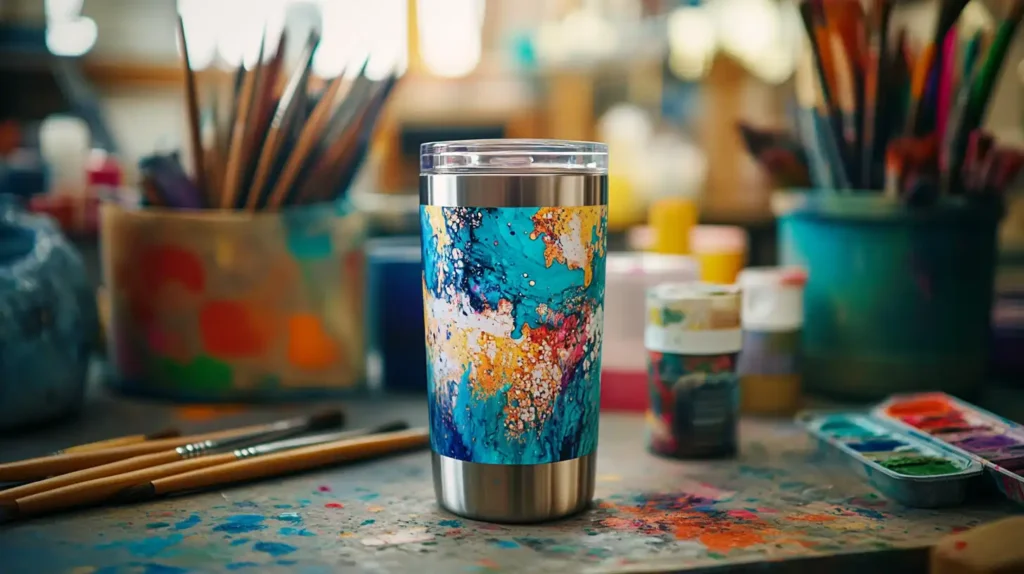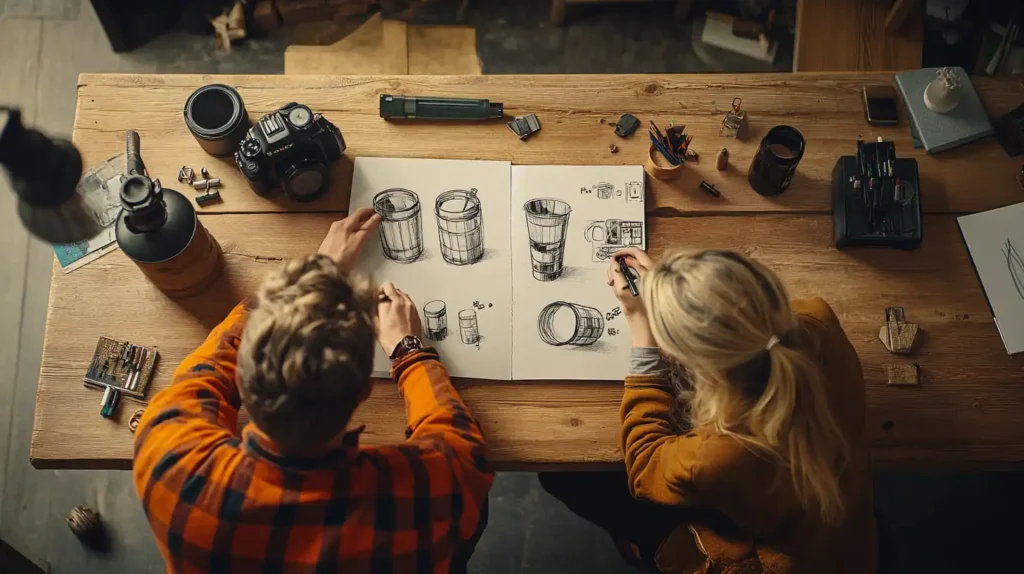The stainless steel tumbler industry is witnessing a significant shift towards sustainability, driven by both consumer demand and corporate responsibility. As environmental consciousness grows, manufacturers and wholesalers are implementing sustainable practices that not only reduce their environmental footprint but also appeal to eco-conscious consumers. This blog explores the key sustainable initiatives and challenges within the wholesale stainless steel tumbler industry.

Key Sustainable Practices
1. Incorporation of Recycled Materials Leading brands in the industry are increasingly utilizing recycled stainless steel in their production processes. For instance, Stanley has set a target to incorporate at least 50% recycled stainless steel into its product lineup by 2025. This move supports the circular economy, reducing the need for raw material extraction and minimizing waste.
2. Adoption of Eco-Friendly Manufacturing To lower their carbon footprint, companies are exploring renewable energy sources to power their production facilities. Solar and wind energy, in particular, are becoming popular choices, significantly cutting down the greenhouse gas emissions associated with traditional manufacturing processes.
3. Promotion of Reusable Products One of the most impactful contributions of stainless steel tumblers is their role in reducing single-use plastic waste. These tumblers, known for their durability, offer a long-term alternative to disposable bottles and cups, thereby reducing the volume of plastic waste in landfills and oceans.
4. Engaging and Educating Consumers Educating consumers about the environmental benefits of using stainless steel tumblers over disposable plastic options is crucial. Brands are leveraging social media campaigns, blogs, and influencer partnerships to spread awareness and encourage the shift towards sustainable consumption.

Challenges in Sustainability
1. The Paradox of Overconsumption While stainless steel tumblers are a sustainable option, their growing popularity raises concerns about overconsumption. As these products become trendy, there’s a risk that consumers may purchase more than necessary, contributing to unnecessary production and resource use.
The path to sustainability in the wholesale stainless steel tumbler industry is complex but achievable. By continuing to innovate in recycled materials, manufacturing processes, and consumer education, companies can make significant strides in reducing their environmental impact.
For wholesalers, staying ahead of these trends and addressing the associated challenges is key to maintaining a competitive edge in an increasingly eco-conscious market.

2. Recycling Barriers Although stainless steel is highly recyclable, the presence of coatings and other materials on some tumblers can complicate the recycling process. Improved recycling infrastructure and consumer education on proper disposal methods are needed to address this issue.
3. Gaps in Lifecycle Assessments Conducting comprehensive lifecycle assessments is essential for understanding the true environmental impact of stainless steel tumblers. These assessments help manufacturers identify areas for improvement in sustainability and provide transparency to consumers.




